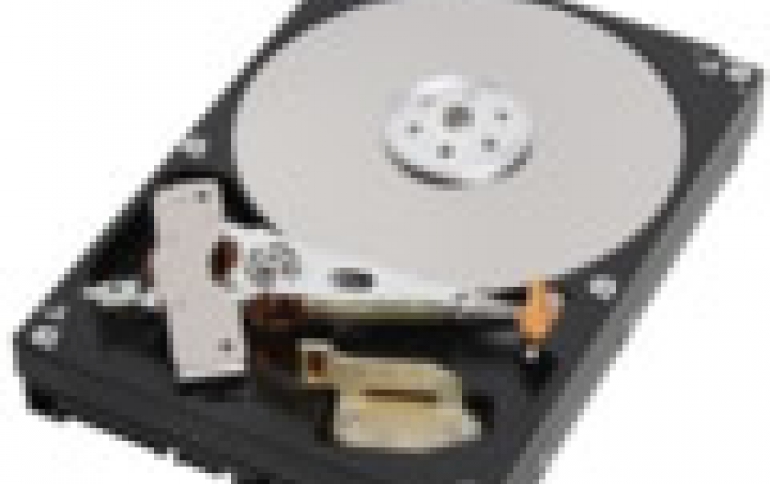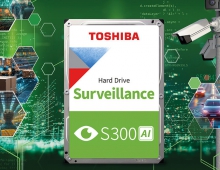
Questions Remain About The Fate Of Toshiba's HDD and SSD Business
Struggling Toshiba is in big financial trouble and has put its NAND chip business on sale, but what about the company's hard disk drive and solid-state drive business?
The Japanese electronics conglomerate Toshiba is in big financial trouble with operating loss of ¥573 billion for global revenue of ¥3,847 billion revenue down 167% Y/Y for the nine months ended last December. Main reason was the situation of subsidiary Westinghouse Electric company (nuclear power unit) in bankruptcy.
To get money, the company has decided to sell its NAND chip business, and is aiming to complete the operation by March 2018 to raise cash.
Potential bidders are Apple with Foxconn, Broadcom, Google, Hon Hai Precision Industry Co, Innovation Network Corp. with KKR & Co., Micron, SK Hynix, Tsinghua Group and Western Digital.
Apple is the biggest client of NAND memory chips in the world for its smartphones and computers as the company decided few years ago to stop to offer HDDs and to integrate SSDs only. Acquiring Toshiba's NAND business could help the company reduce the outsourcing from firms like Samsung, or get them at better prices.
Hon Hai is a Taiwan-based main assembler for Apple and is considering a bid with Sharp for about $27 billion.
For SK Hynix or Micron, getting Toshiba business will help them to reach the second position in the market.
Broadcom has been acquiring companies over the past years (Brocade, Cirrus Logic storage portfolio), Gadzook, LSI, NetLogic, RAIDcore, Siliquent Technologies, Sunext Design) and could enter in flash chip manufacturing. It may consider joining with private equity investor Silver Lake on a bid of $23 million.
On the other hand, such an acquisition would be possibly two heavy for Chinese firm Tsinghua Unigroup.
Google could easily cover the amount for Toshiba's NAND business but flash chips are not really complementary to the company's plans.
State-backed turnaround fund Innovation Network Corp. of Japan is also considering investing in the memory chip company.
Number one HDD maker Western Digital has already acquired flash chip maker SanDisk. WD could get Toshiba activity for the better price ($16 billion?) with the help of some Japanese banks to reassure the Japanese government. WD has strong agreement with Toshiba concerning IP and their common chip plant in Japan.
WD recently said that Toshiba breached their contract and that it wanted exclusive chip talks. But the company may not be able to dish out more cash following SanDisk's acquisition.
Another potential acquirer could be Seagate. A move could help the company regain credibility, as it failed to acquire SanDisk in the past. On the other hand, Seagate would have to cover an amount higher than the $16 billion WD had spent for Toshiba's NAND plant.
But what will be the destiny of Toshiba HDD and SSD businesses?
Toshiba has been mum on the issue, but Seagate and WD could be the sole candidates, as they are the leaders in the market and other companies will most probably not invest in the decreasing HDD market in order to compete with the big competitors Seagate and WD.
Toshiba SSD activity is worthless without its NAND chip manufacturing. An acquirer could benefit of a portfolio of clients and the controller technology Toshiba got from the acquisition of OCZ Technology in 2013.
Toshiba shipped 24 million HDDs in 1Q17 corresponding to a 24% worldwide market share, according to Trendfocus. For SSDs, IDC estimated that Toshiba's SSD revenue grew 114% year over year in 2016, getting the fourth place in total market share.
Seagate and WD could be the only companies that could get their hand on Toshiba's HDD /SSD business, with WD to be in the best position to get Toshiba NAND chip business along with the HDD and SSD businesses.





















